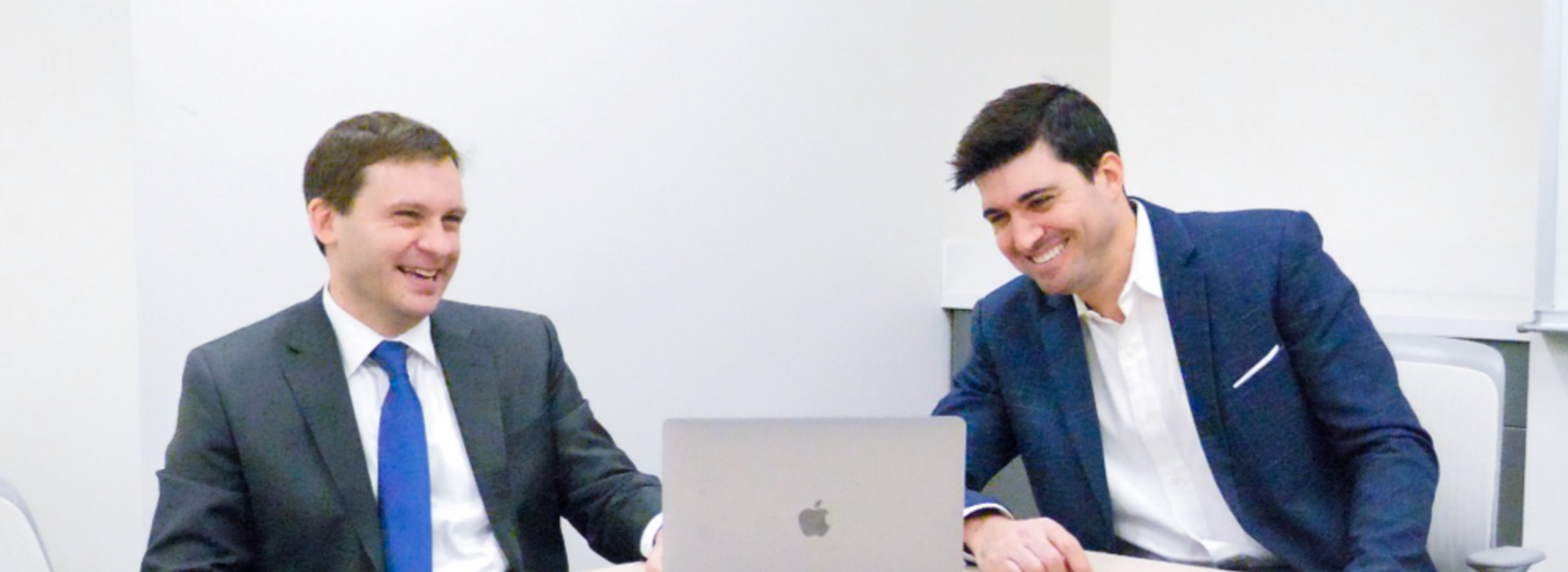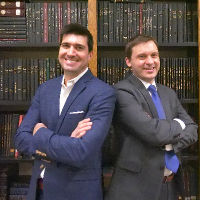
New Center Breaks Down Research Barriers Across Departments
The Department of Surgery at the University of Minnesota Medical School recently helped launch the Center for Quality Outcomes, Discovery and Evaluation (C-QODE) alongside other proceduralist departments across the Medical School. With a focus on providing a convenient method for democratizing data, the center is improving data accessibility for clinical providers and researchers.
Schelomo Marmor, PhD, MPH, and Christopher J. Tignanelli, MD, MS, FACS, FAMIA, both assistant professors in the Department of Surgery, are co-directors and co-founders of the center. Drs. Marmor and Tignanelli are also guided by a multidisciplinary governance and steering committee.
Dr. Marmor shared that throughout the last few decades, there has been a need for the U of M Medical School to offer resources that improve data access for clinicians. That effort inspired the two to come together to design the center.
“The purpose of C-QODE is to democratize data for researchers across the Medical School and to make it easier to use electronic health record (EHR) data, registry data and public-use data,” Dr. Marmor said. “C-QODE provides researchers with the opportunity to harness the power of clinical data to support high-quality care by maximizing data access and minimizing barriers.”

The idea for the center came partially from analysis by Dr. Tignanelli, Dr. Marmor and their team on the amount of spending toward data throughout the University. They found that some of the same datasets are often purchased multiple times across different departments. Furthermore, these datasets and the research that accompanies them have historically been shared only within departments. C-QODE is an opportunity to turn away from these practices and improve efficiency by democratizing data access throughout the entire University.
“The center helps researchers avoid costly data purchases and the duplication of efforts across department lines to search and buy datasets– and the data is also cleaned up and ready for people to use,” Dr. Tignanelli said.
The center is also designed to facilitate networking in order to establish a core group of health services researchers. These researchers may be especially beneficial for supporting the implementation of new methods, such as artificial intelligence and computer vision. The center supports emerging early- and mid-career researchers in the Medical School throughout their pursuit of research ideas, grant funding and development.
“The center can help build collaborations with multidisciplinary teams of researchers to get different perspectives and another set of eyes on what they are working on by sharing the expertise of others,” Dr. Tignanelli said.
Another goal of the center is to earn training grants, with the hope of building a strong cohort of health outcomes science researchers.
“We would really like to see the development of young, emerging faculty to be able to go from a small, great idea to a fully-funded project… that can be shared nationally,” Dr. Marmor said. “The center is about breaking down data barriers across different departments to develop the ideas to find innovative research solutions to enhance clinical performance and promote better, more equitable health outcomes.”